Diabolique / Diaboliques, Les / Fiends, The (1955)
“Each time I close my eyes, it seems I’m going to see him.”
|
Synopsis: |
|
Genres, Themes, Actors, and Directors:
Response to Peary’s Review: In the rest of his review, Peary discusses the film’s “sinister vision”, arguing that it “conveys a nastiness of character and environment that is both oppressive and unsettling”, given that “the heroine, the nicest person in the story, plans cold-blooded murder” — yet this isn’t quite accurate. As in Hitchcock’s Rope (1948), one weaker (same-sex) character is convinced by another that murder is an appropriate course of action in a particular situation — therefore, it’s not really Clouzot’s character who plans the murder, per se. Plus, Clouzot is so clearly guilt-ridden and panic-stricken about what she’s doing that she remains a sympathetic protagonist throughout. Regardless, this is most definitely a bleak and “unsettling” film, one which works almost (though not quite) as well even if you already know (or can predict) the infamous plot twist. (And here’s where I’ll admit that years ago, as a first-time viewer, I was both terrified and shocked by the twist — thus disproving Peary’s assertion above). Redeeming Qualities and Moments:
Must See? (Listed in 1001 Movies You Must See Before You Die) Links: |
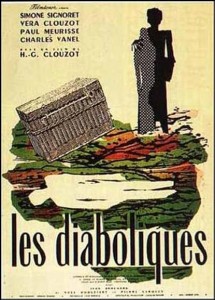
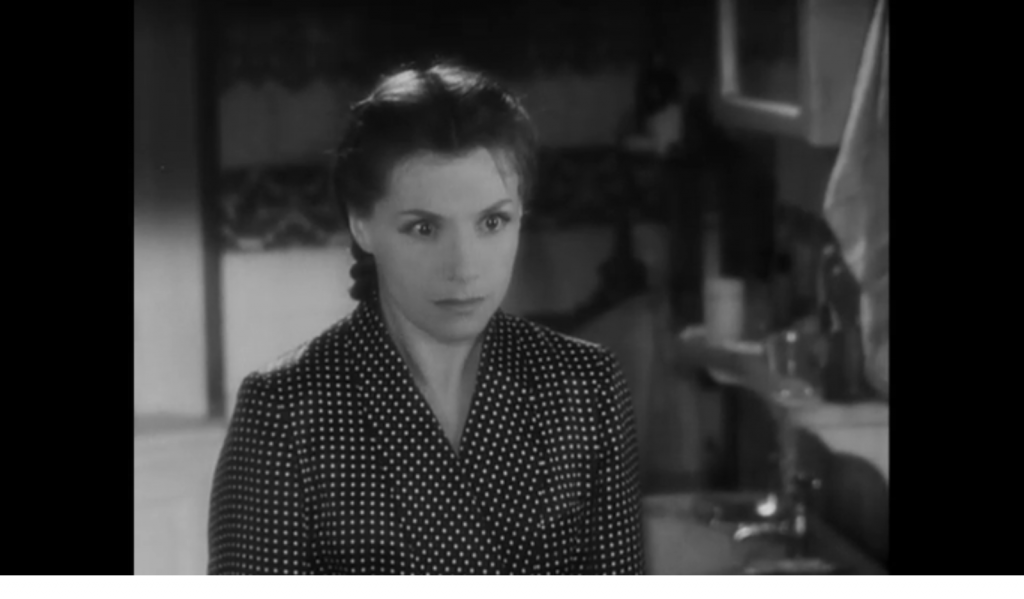
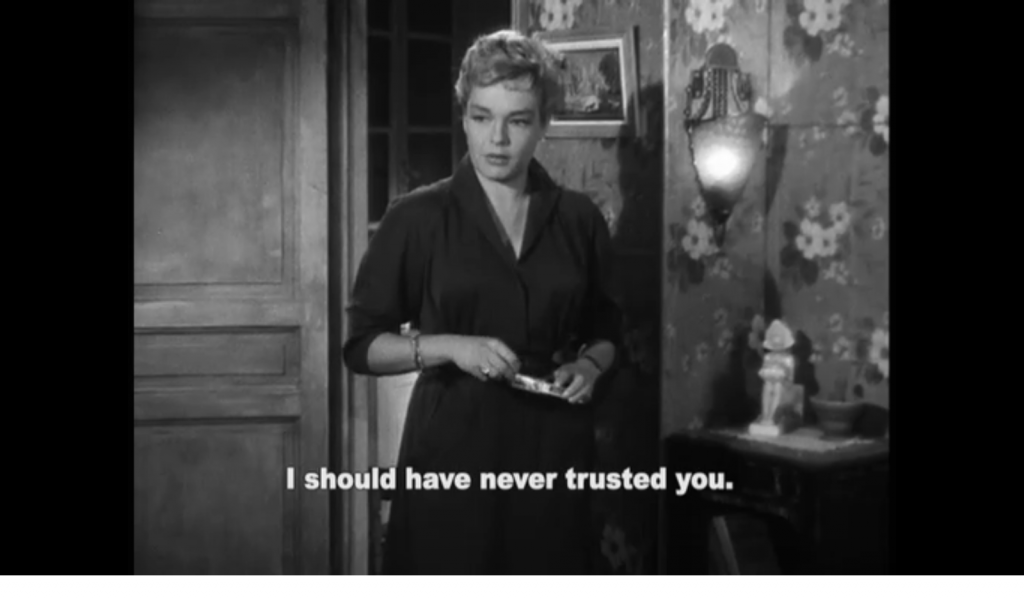
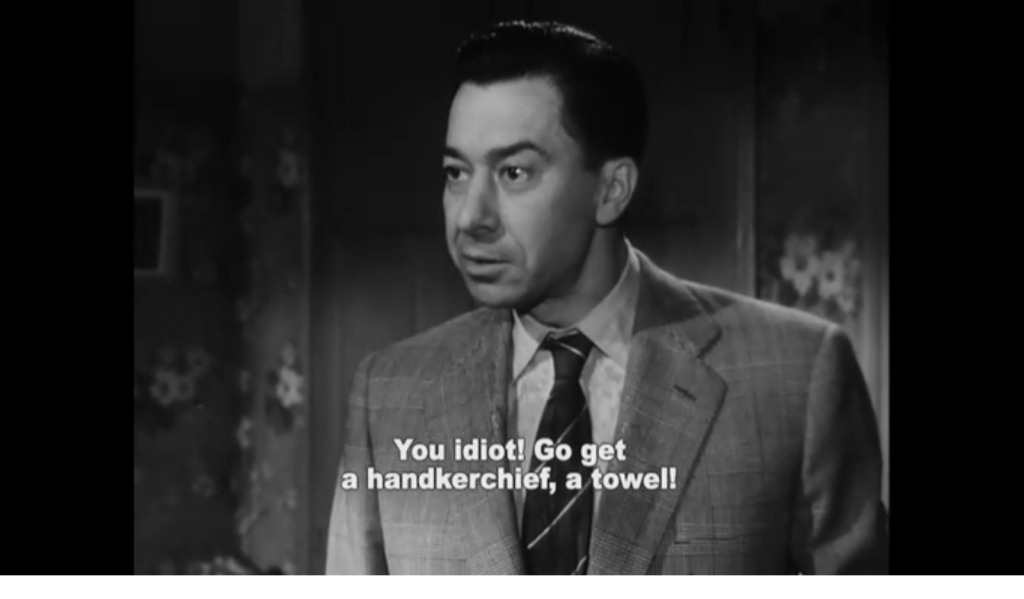
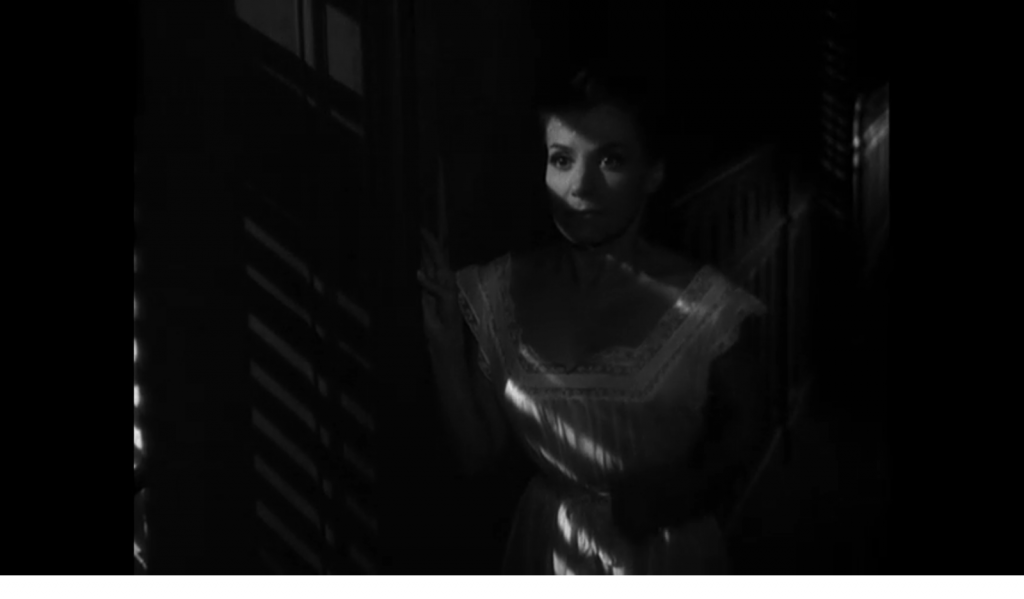
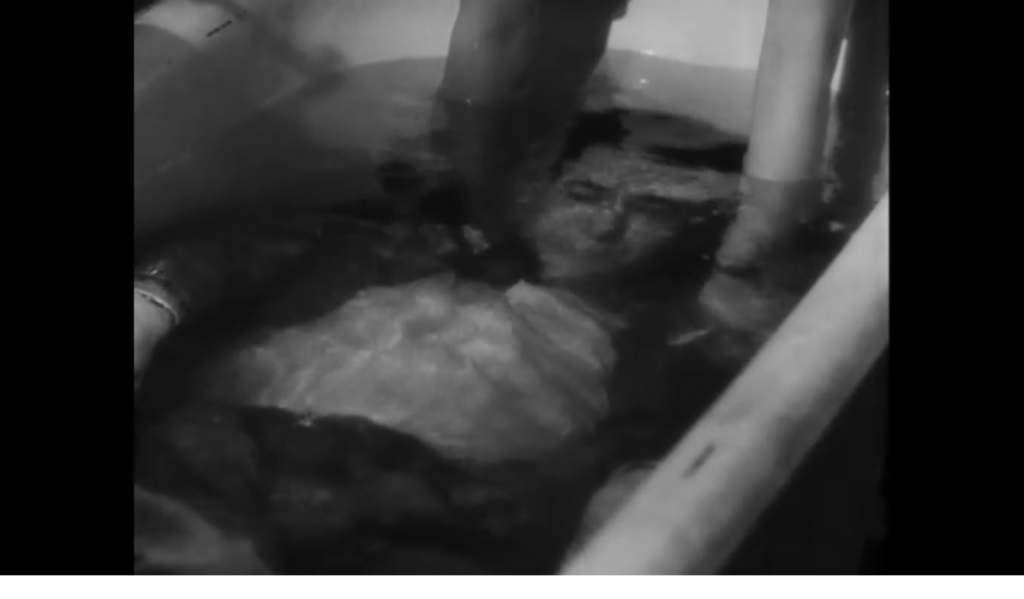
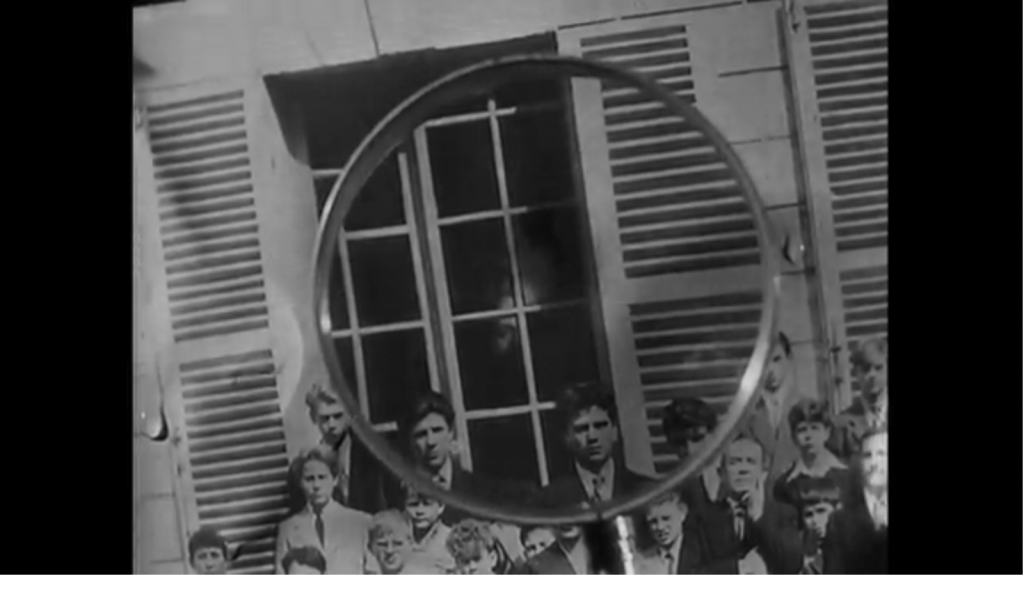
One thought on “Diabolique / Diaboliques, Les / Fiends, The (1955)”
A once-must, for its place in cinema history.
It would probably be unfair to say this film has lost some of its power over the years. That isn’t exactly true – it’s difficult to determine how someone seeing it for the first time is likely to react. A first visit could very well be an engrossing one for the viewer, if he/she really gives over to it. Certainly Clouzot’s established mood and pacing are as strong now as they once were – and those elements are pretty much everything as far as this film goes.
Which could be why most ffs may see ‘Diabolique’ as a once-and-done thing. It’s well done but basically a single viewing rids the film of its secrets.
(By the way, fans of the cult film ‘La cage aux folles’ should take note: appearing here in a supporting role is Michel Serrault, an interesting French actor who – 20+ years after ‘Diabolique’ – played Albin in the wildly successful ‘La cage…’.)
NOTE: FFs should definitely check out Clouzot’s rich and captivating ‘noir’ flick ‘Quai des Orfevres’ (1947) – quite possibly my favorite of this director’s films.